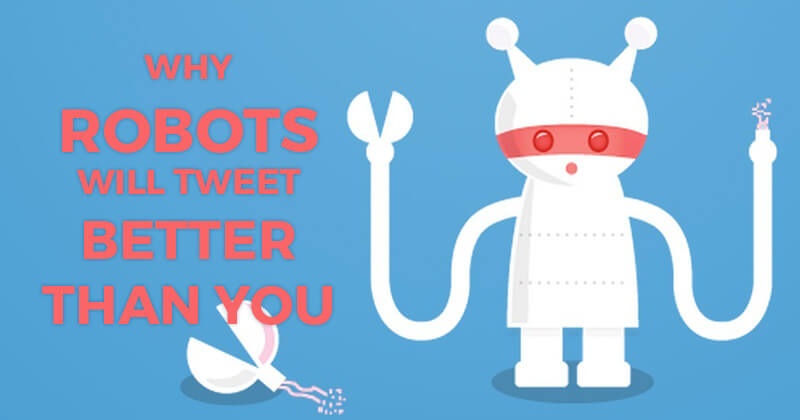
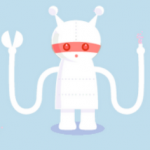 Ever get tired of being charming and charismatic? I know I do.
Ever get tired of being charming and charismatic? I know I do.
Fortunately for us, a group of scientists have taken all the work out of having friends.
These scientists -- apparently bored with big questions like "Why are hotpockets hotter than the sun?" -- have decided to tackle more important stuff.
Namely:
Why does Chris Brown have 10 million Twitter followers and I don't?
Strapping on the long gloves
Scientists Bandari, Asur and Huberman can now predict with 84% accuracy the popularity of a Tweet.
You might be 73.5% certain this statistic was made up on the spot, but I can guarantee with 41% accuracy that it wasn't.
The suspicious thing is, if they're so accurate, then why are they publishing their findings in a peer-review journal? Why not hold onto their secret formula and sell it to the highest bidder?
It's obviously every person's dream to atone for years of high school obscurity by becoming a Twitter sensation.
If I could scientifically guarantee your popularity there, then you'd be on it faster than a Nazi on a Biblical relic.
So what DOES make a Tweet popular?
Twitter has managed to evade scientific understanding till now because it's a purely textual medium. Facebook and Youtube are easily understood: if you want popularity there, merely optimize for boobs.
Tweets, however, are a more nuanced matter.
Of course you could merely read the study itself and come out with the answers, but then you'd have to read things like this:
"Stochastic models of information diusion as well as deterministic epidemic models have been studied extensively in an array of papers, rearming theories developed in sociology such as diusion of innovations..."
Runny nose? Nope, that's brain matter.
Let me help: using a metric they call t-density (average tweets per link), the scientists have ranked and monitored a number of different subjects and links.
They've discovered that some of the best hot topics are:
- Technology
- Celebrities
- "Fun Stuff"-- which I can only conclude involves squirrels
And by looking at a single Tweet, they can compare it to past Tweets and determine not only whether it will be popular, but also how popular it will be, with 84% accuracy.
The Mother of All Tweets
The logical next step here is to program an algorithm that randomly selects popular subjects, adds a verb, and then splices them together into a sentence.
For instance:
[celebrity] just showed me how [tech news] can [random verb] [fun stuff].
Magically becomes:
George Clooney just showed me how his iPhone can cook squirrels.
And there you have it. The perfect Tweet.
Take this algorithm, put it in a metal chassis, give it legs and name it Steve.
Within a month it'll be more popular than Chris Brown -- and within a year, Jesus.
All hail robo-Steve, our new Twitter overlord.
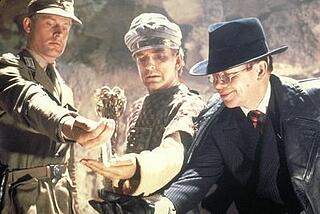
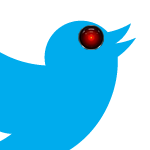
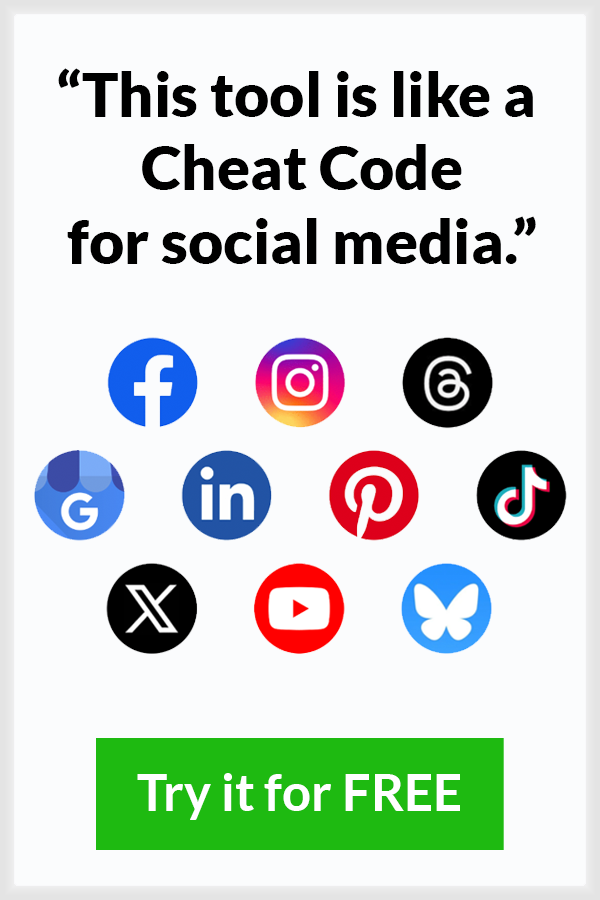





No Comments